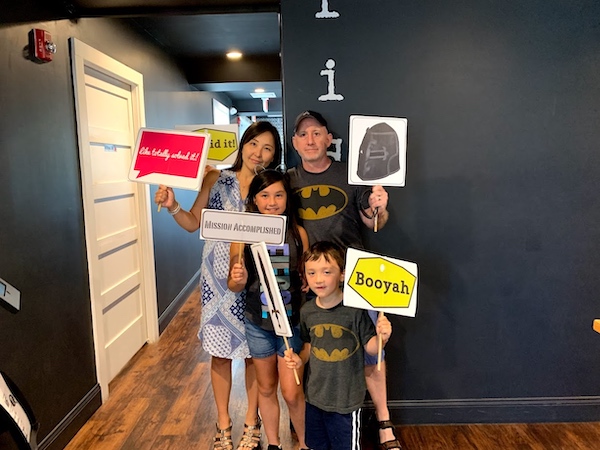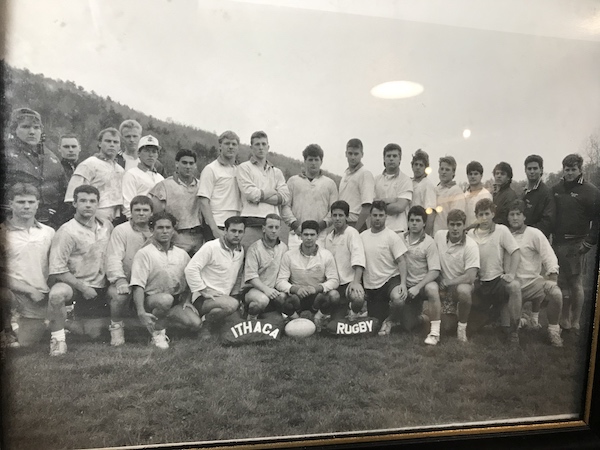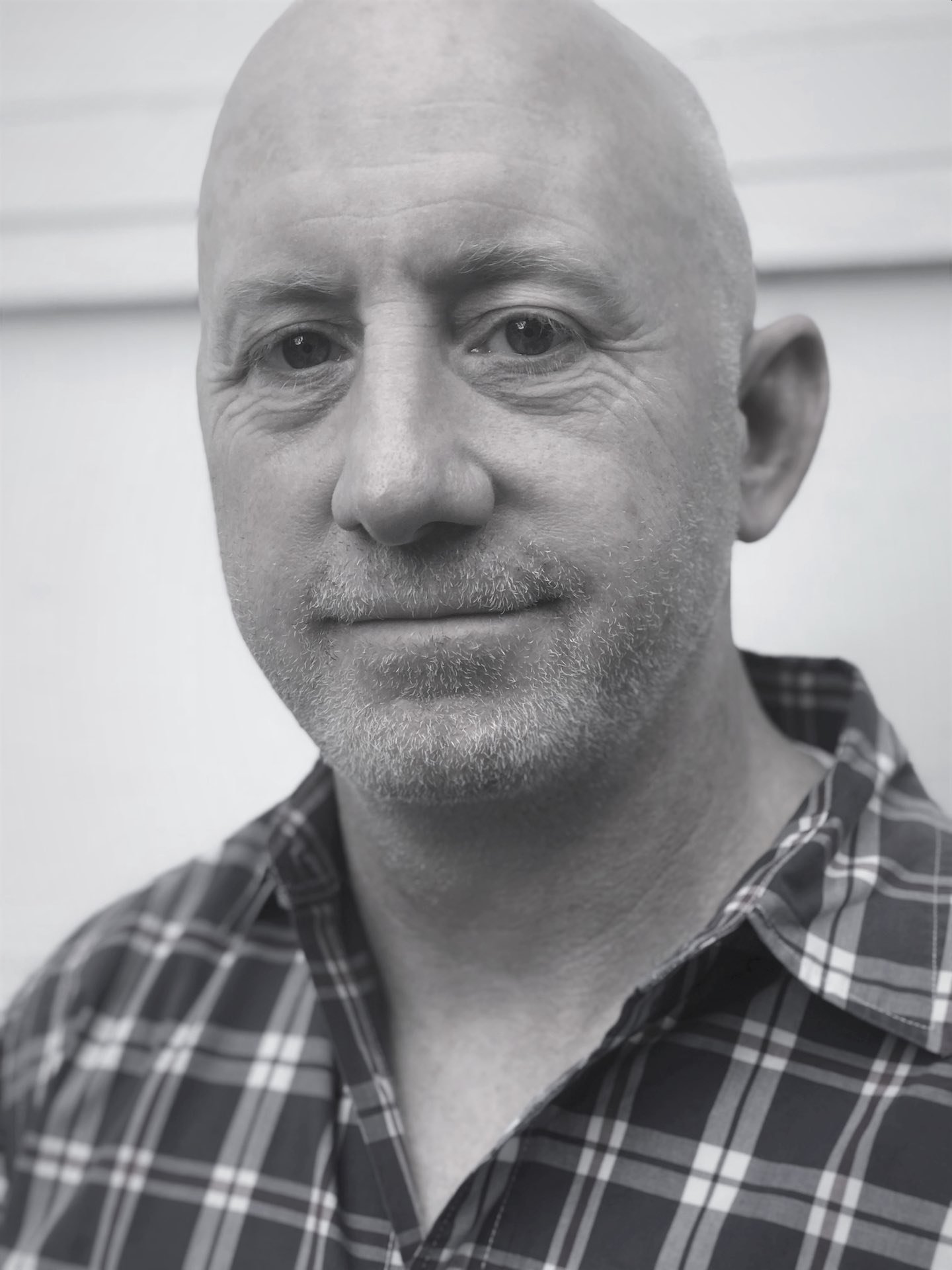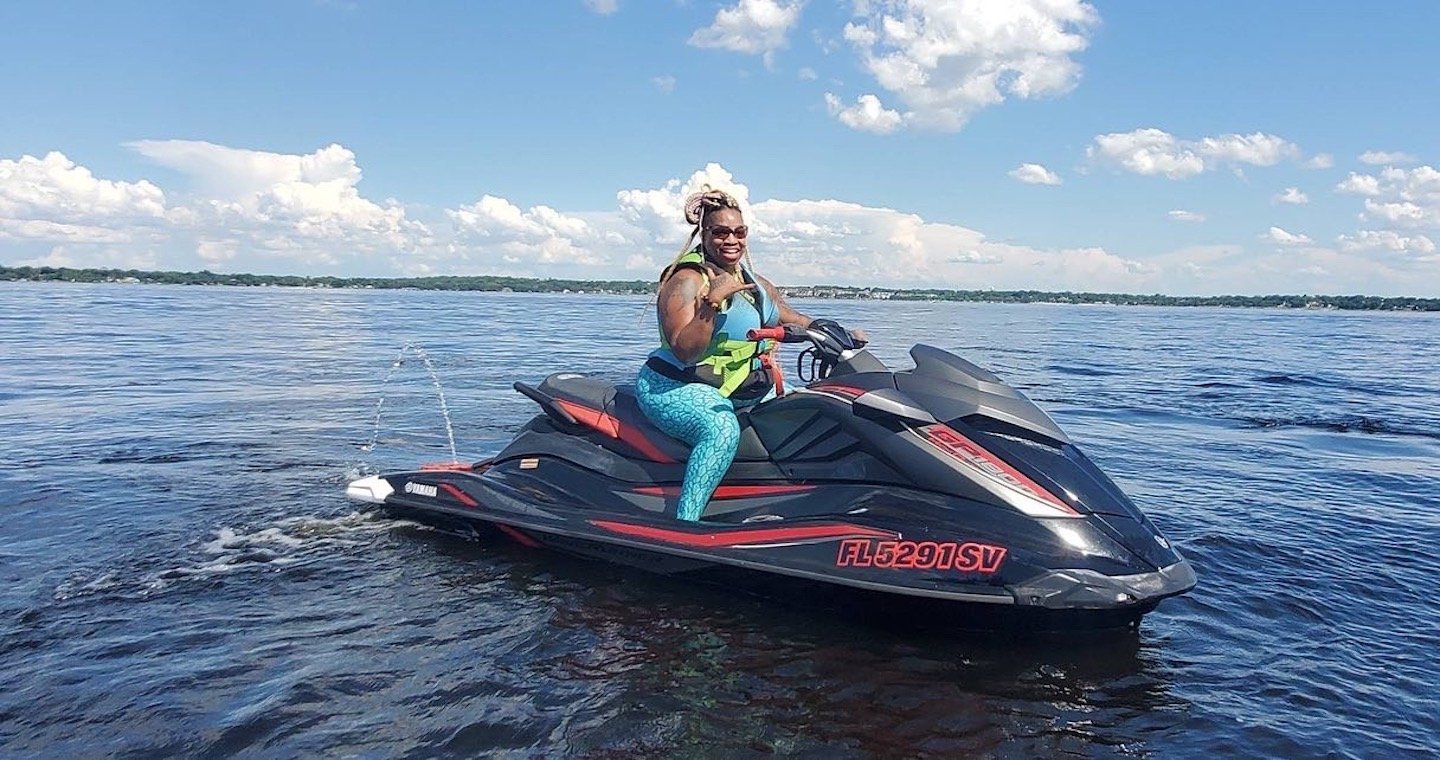Voices of GoTo: In this series, we highlight the people that make flexible work, work: our employees! GoTo is a global company with over 3000 employees around the world. These are their stories.
The Beatles song "A Hard Day's Night" plays in Bob Quinn's head as he digs a four-foot-wide four-foot-deep trench with a shovel. After eleven hours of work under the August sun, Bob completes his duty for the day. He's 19. Returning to his construction internship the next morning, Bob learns that he needs to dig the trench again, but in a different location than initially instructed. Bob realizes, at that moment, that the nature of all business is that things change, and if you focus on what you can control – rather than overreact to something that will shift in the long run – you'll be able to deliver high-quality work. Bob exercises this lesson today in an industry that is constantly in flux – tech.
Bob, tell me about yourself and your history.
My dad was a self-made former drill sergeant who instilled a strong work ethic in my brother and me, and my mom is the most amazing person I've ever met. My clearest memory as a kid is of my dad working six days a week. No matter how tired he was, the first thing my dad would do when he got home was take his tie off, change his clothes, and bring my brother and me to the park to throw a baseball around. Luckily, I grew up in a time before today's technology. We were a pack of young boys roaming the neighborhood, always outside doing something.

What were you like as a child?
When I was five, my gym teacher told my mom to put me in gymnastics because I was built for it, so I started young and was good at it – particularly anything you could hang or swing from. My grandfather's house had a massive row of hundred-foot pine trees. When I was seven, I climbed to the top of them. One day in high school, I walked through the gym, and the wrestling coach asked, "How much do you weigh?" I told him, and he said, "You're on the wrestling team." I grew up in a town where everyone had a lacrosse stick; it was one of those sports we all played. I thought I would play lacrosse in college in upstate New York, but I ended up playing rugby.
Rugby is the best business analogy. There are fifteen players on a team, and because it's continuous play, each player must know what to do if the team is out of a position; it's constant adaptation and situational awareness. We ran the team ourselves. I went from being an early junior officer to running the team by my senior year and liked being in a position where I helped people. That translated into my work life. I tell people, "You don't go into management because you want any reward for yourself. You go into management because you enjoy seeing others perform well."

What are some experiences that you've had in your career that have shaped your leadership philosophy?
In my early thirties, I worked for a fast-growth start-up, flying from Virginia to California. We were making an acquisition, and I had to give a presentation to the company we were acquiring. I was going to land at 1:00 AM, California time. Halfway there, while working on my presentation, my laptop died. I lost everything. I landed and called my boss to let him know about the lost work, and he said, "Get some coffee, get to work, and I'll see you at eight in the morning." I learned to adapt to what will change around me at work.
Today, I expect things to go wrong at some point, and I hope that I don't overreact to anything with our team. If you simplify things and give people guiding principles to follow, you can talk to them about using that same framework when things inevitably go wrong. If you act with good intentions and make a mistake, just learn from it, and try not to repeat it. You can say this to people, but it only becomes real to them once they have a moment where it's tested, and that's how you respond. If you're unsure what to do, ask yourself how you'd like to be treated if the roles were reversed, and act accordingly.
What is something that you're proud of?
Last year some periods were busier than I've ever seen in thirty years of doing this work, and the team's response to it was terrific. When a challenge is thrown at this team, they respond, dig in, and deliver, and I'm humbled and proud to be a part of it. I am energized by the work being done by people who are newer to the industry and the excitement and ideas they have for how things can be done differently.
My starting hypothesis is that Talent Acquisition is a broken industry globally. We have a model that is very different from most. It allows us to drive high output and performance in a way that delivers an excellent experience for the people on the team, allowing them to grow and be challenged in their careers. We are hyper-adaptable to the changes that are inherent in our industry. Some people find one method and try to make that process work on a faster and more significant scale, but as soon as one variable changes, the whole machine breaks. We have never been in that position. Instead, we have flexed and adapted to everything that's been asked of us. That is what our model is designed to do.
What makes GoTo different from other SaaS companies?
I tell people, "The grass might look greener on the other side. But if you look at this company in its totality – from our people to our ability to adapt to different markets and make the right decisions continually – we're changing because we're willing to adapt." As Paddy Srinivasan likes to say, "At GoTo, we want to get it right versus be right," and that's a powerful way to enable a workforce.
When people ask me how we operate, I say, "Successful people have an ego, which makes them confident in their decision-making. But you don't need to be arrogant. You can make decisions without the arrogance that some people bring to their position. That's a magic mix; we have that here."
Every company has an employee value proposition, and parts of their stories can start to sound familiar. GoTo is different. There is something about how we operate, treat people, and our culture. We approach work with a respect-based way of treating each other based on the idea that everyone is at this company for a reason. Everybody brings something to the table, and it's not about titles; it's about who you are. If you have an opinion, speak it, and you'll be heard.
--
We work where we like, which is why we like where we work. We think you will, too. Interested in joining our team?



